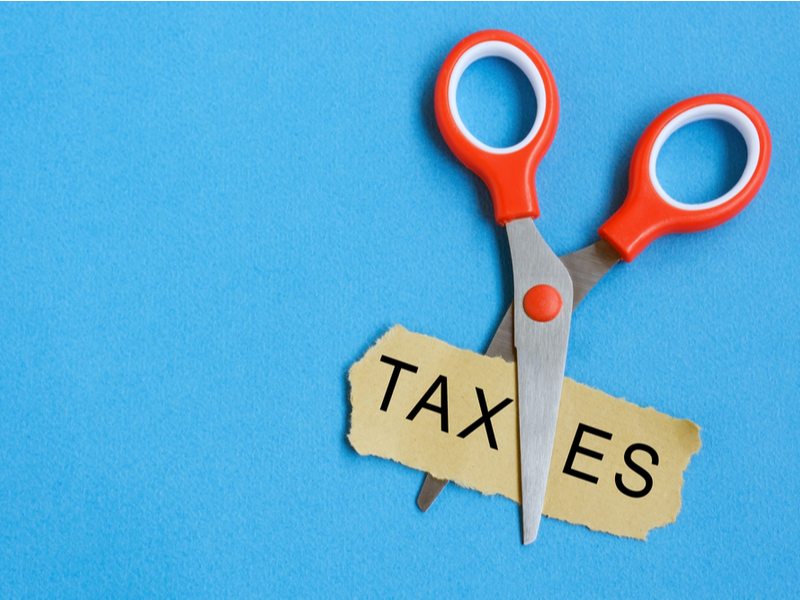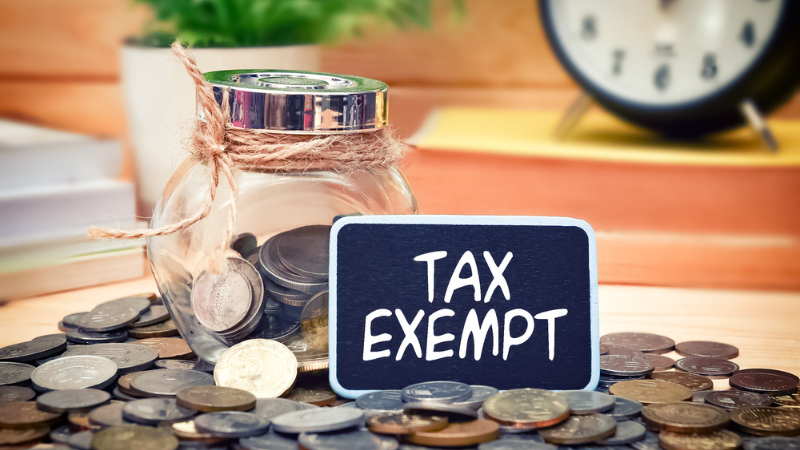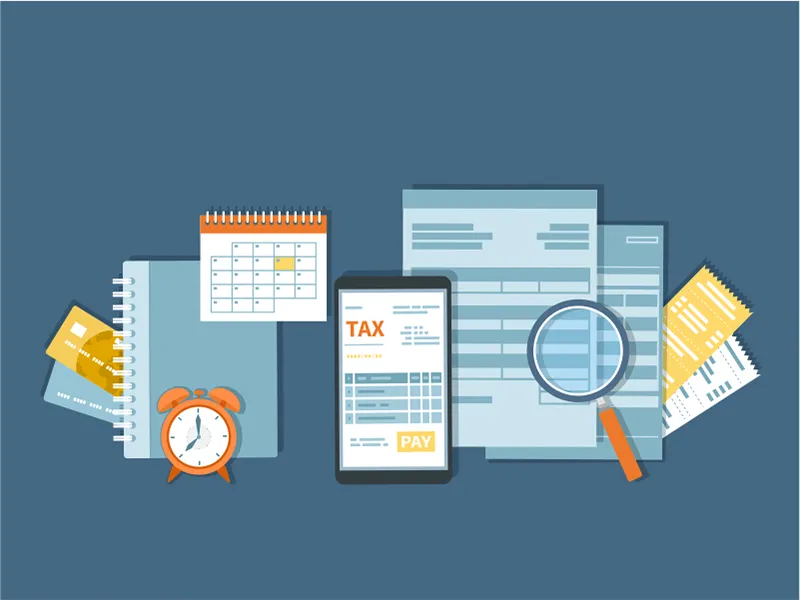
In India, most salaried individuals use the provisions of Section 80C to save taxes. While tax saving is important, it often leads to mismanaged finances or a lack of financial planning, especially considering the avenues chosen for investment.
Oftentimes, in a rush to invest before the deadline for submission of the tax-saving form, individuals tend to miss out on considering the basic investment criteria like financial goals, risk appetite, return expectations, time horizon. Thus, the question that arises is, should we be investing only to save tax? Should tax saving be our priority or investment?
Before you invest in the first investment that comes your way for tax-saving purposes, here is what you should know.
Tax planning – common mistakes to avoid
Investing more than required
Most people consider tax-saving investments independently from overall investment planning. They may therefore not take into account the investments that they have already made for other goals which come under the tax-saving instruments category.
Take, for example, investments like:
- PPF
- children’s education
- payment of insurance premiums
If an individual has already made one or more of these investments and does the tax planning separately, he/she will end up investing far more than required for tax saving purposes.
Rushing tax saving investments
Poor tax and financial planning mean fewer chances of achieving financial goals. Initiating fresh tax-saving investments in a rush is clear mismanagement of finances. Most salaried investors make the mistake of focusing only on tax-saving investments rather than assessing whether there is really a need to invest for saving taxes. This results in investments being made only for tax-saving purposes instead of a parallel aim of wealth creation.
It is important for individual taxpayers to note that the maximum limit for the deduction to be claimed under Section 80 C is Rs 1.5 lakh per financial year. However, this does not mean that one has to commit a high amount at the end of the year towards investments that qualify under this section.
Here are some of the steps that can be adopted for better planning and management of tax-saving investments:
- Reduce the expenses or mandatory investments that have been made during the year.
- Some of them can include children’s education fees, principal repayment on home loan and also employee provident fund (EPF).
- For this, one can check salary slip, school fee payment receipts and the loan repayment documents.
Keep your financial goals at the center
From a tax-saving angle, it is important to carefully consider the number and type of investments made during a year and check the balance that needs to be invested. An important point to remember is to make investments as per personal financial goals, like wealth creation for retirement, children’s higher education needs, marriage, etc. This can significantly help in identifying and segregating investments as per the right time horizon. It can be done parallelly with meeting tax-saving objectives.
By keeping one’s financial goals at the center, an individual can avoid investments only for tax-saving purposes, which may be irrelevant to the financial goals. For example, the decision of buying health insurance that offers a tax deduction of up to Rs. 25,000 should be made as per one’s need for insurance. Even if an individual opts for a higher cover amount than what is needed, he/she can only save Rs. 25,000 in taxes. On the other hand, the individual will end up spending almost the same amount in premium payments towards the cover that may actually not be needed.
Therefore, while trying to save tax using Sec 80D, it makes sense to check whether you presently have sufficient and good quality health insurance. Instead of buying one with the intent of saving taxes, it is better to consider opting for a good health cover with due planning.
Analyze and know the commitment towards investments
A good investor always gauges the future commitment that will be required towards an investment. Many investors tend to invest each year in Ulips in the hope of saving taxes. Most come to realize that tax saving does not require a substantial amount of investment only after having invested for many years. Such late realization can often result in losses that are far larger than the total tax savings over the years.
Home loans are an example of a longer commitment required from the investors part. One may have to pay EMI for 10-20 years on average and therefore, such investors shouldn’t be considered purely from a tax-saving perspective. When it comes to home loans, tax saving should be a secondary aspect.
Advance planning reaps larger benefits
After planning all the investments for the year, if there is still some tax-saving scope left through investments, it is better to avoid waiting until the last quarter of the fiscal year. Experts advise investors to initiate tax-saving investments right at the start of the fiscal year.
Through advance planning, an investor can know:
- What he/she doesn’t need to do,
- How he/she can avoid making wrong investments, and
- Where he/she may be investing only for tax saving
Did you know?
Most ULIPs see high sales between January and March since the issuers tend to make the most of the investor rush during this period. However, if one observes the average 10-year returns on these instruments, most would give only about 5 to 6% returns. This is lower than the returns that can be availed from some of the other tax-saving instruments.
Using a long-term perspective and an effective tax planning approach is important for making sound investments. It is therefore advisable to plan tax-saving investments for the next 2-3 years and avoid re-evaluating them every year unless there are major changes to the tax laws. At times, the mandatory PPF, home loan repayment amount, and also term insurance can end up exhausting the entire Section 80C deduction limit.
How to maximize tax-saving and investment returns?
To achieve the dual goal of tax-saving as well as better investment returns, an investor must pick an investment that has the ability to fulfill investment objectives and fetch post-tax returns. Even if an investment has a lower potential of tax deduction but can fetch substantial post-tax returns, it should be a part of the investor’s portfolio. The golden rule of investment to remember is that tax saving is mostly a byproduct of investment.
Conclusion
To conclude, it is not advisable to invest only with the intent of saving tax. Thus, one need not go overboard when it comes to tax-saving investments. It is important to assess a personal investment portfolio before allocating funds towards expensive tax-saving instruments that may fetch far lower returns.
FAQs
Tax planning should ideally be viewed separately from investment planning since the former helps in attaining the objective of saving while the latter helps to achieve wealth creation goals.
Investments help investors in generating wealth in the long run and earn regular income in the near future or depending on the investment planning approach. It is important to invest in order to attain personal financial goals.
There are multiple avenues available for investment today. Some of them include stock markets, mutual funds, real estate, gold, bank deposits, etc.
While making an investment, it is important to consider both risks and return factors in parallel. An investor should pick an investment that is in the levels of his/her personal risk appetite and know the returns that it can offer against personal return expectations.
Tax planning helps in reducing overall tax liability, making productive investments, and achieving savings goals.



















